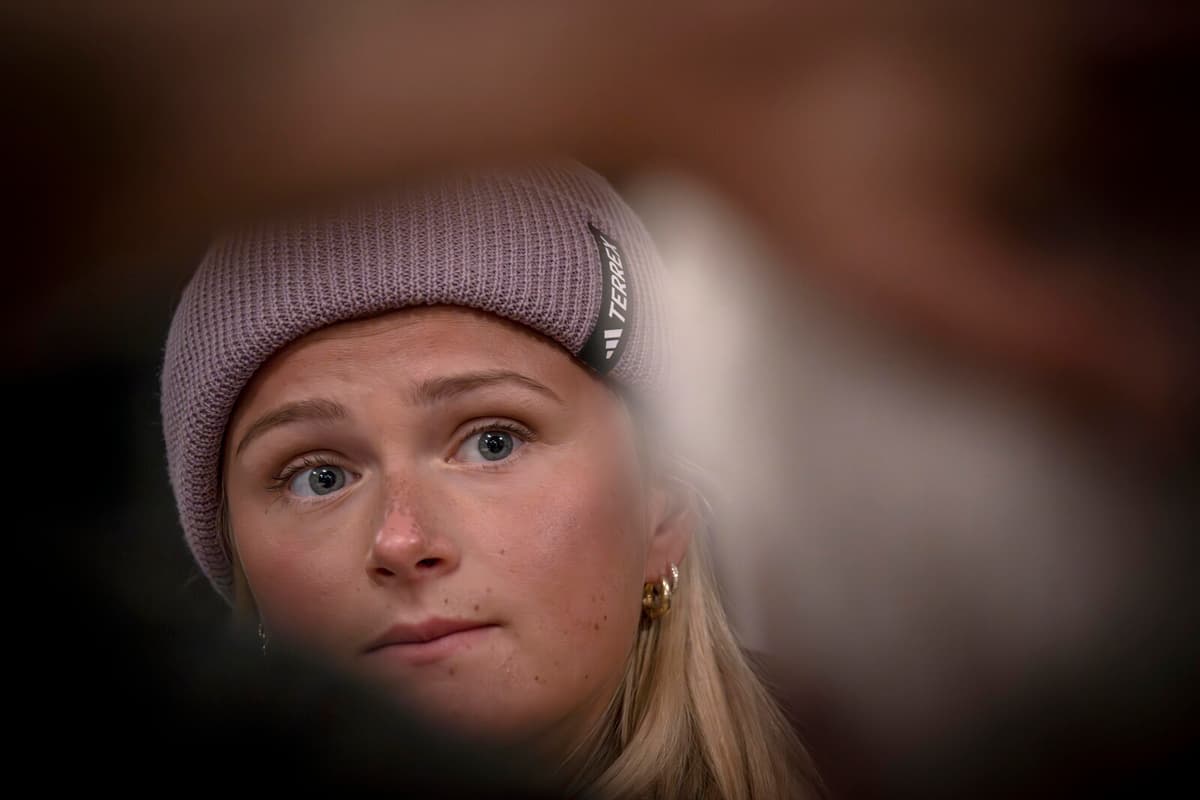When the total ban on fluor wax was to be introduced last season, it was described as "the biggest change we've had in skiing" by Mats Eklund, fluor coordinator at the Ski Association.
A change it was, to say the least, according to several of Sweden's top cross-country skiers.
We had some minor issues last season with the fluor-free wax, says Frida Karlsson.
You can have the best physiological day, but if you miss the waxing with the fluor-free, you don't stand a chance. You can be in 16th place when you might have won if you had competitive skis under your feet.
Major setbacks in the World Championship
The fluor ban was also noticeable in biathlon, especially when it was warm and wet on the tracks.
The World Championship is a practical example of how big the setbacks can be. If you really hit it right or fail, the differences are enormous, says Elvira Öberg.
Sweden had a hard time getting it right with their skis in the first World Championship races in biathlon. But one nation that really succeeded in the wet snow in Nove Mesto was France, which became the best nation with 13 World Championship medals.
The biathletes' waxing chief Mats Eriksson says that the other nations have now caught up with France.
New products are coming all the time, especially for warmer and wetter conditions where the biggest problem lies and fluor helped the most, he says.
Eriksson means that it's not just about replacing the fluor wax, but the most important thing to get good skis is the right skis.
Then you have the grind and then the waxing job and the structure, he says.
New products being tested
That's the conclusion drawn by cross-country star Ebba Andersson as well.
It could be a much bigger difference between different types of brands (of skis). One weekend it might be advantageous to compete on the brand I'm on, another weekend it might be another brand that fits better for the conditions that prevail, says Andersson.
A lot of new products have emerged on the skiing side, and the waxing teams in the skiing and biathlon national teams are testing them full out right now.
It's going to be incredibly important that we active athletes and waxers have good cooperation and good communication, says Jonna Sundling.
Both cross-country skiers and biathletes have World Cup premieres in Finland this weekend.
A 2019 EU directive resulted in Fis (International Ski and Snowboard Federation) and IBU (International Biathlon Union) deciding on a ban on fluor waxes. The decision was made for environmental reasons.
The problem has been to create a reliable control apparatus. Therefore, the ban has been postponed several times, but it was introduced for the 2023-2024 season.
The challenge for many clubs is that it costs a lot of money to replace old fluor wax and waxing equipment with new ones.






